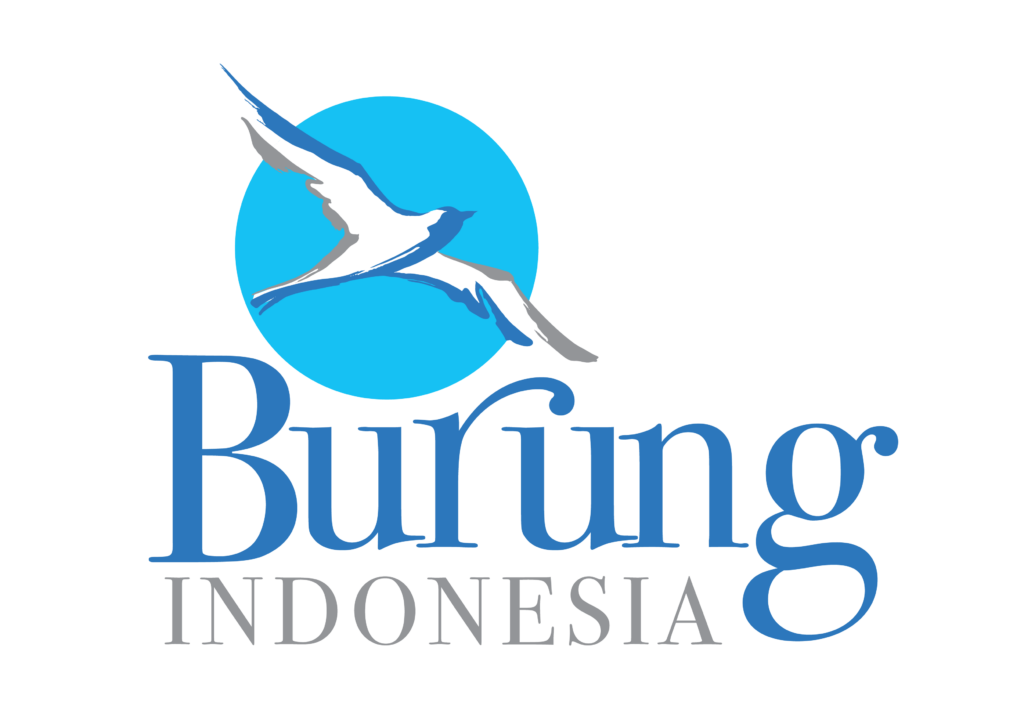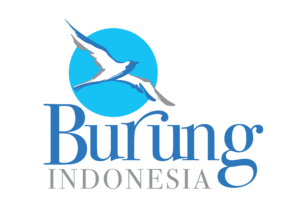The Indonesia Climate Alliance (ICA), in collaboration with the Ministry of Environment and Forestry, the National Development Planning Agency, ICCTF, and UNDP organized the Climate Week on 6-9 October 2015 in Jakarta, with the theme “Building Climate Change Resilience Network”. Through Climate Week, ICA invited various stakeholders such as the government, Non-Governmental Organizations (NGOs), and private sectors to participate in building national resilience against climate change impacts.
Indonesia is a country that is vulnerable to the impacts of climate change which affects various levels of society. For example, the coastal communities are prone to extreme weather and waves, while the farmers are facing unpredictable seasonal change. These threats are also affecting those who depend on the supply of coastal and agricultural commodities from both communities. Extreme seasonal changes can also disrupt Indonesia's flora and fauna, especially endangered species which are endemic to small islands. If not properly handled by various parties, this phenomenon will get worse. In the Climate Week event, the government stated a series of policies that have been prepared to build community resilience. Practitioners and academics also delivered their inputs referring to studies on resilience to climate change, while the private sectors provided support according to their capacities.
As the ICA's transition committee in this event, Burung Indonesia explained the practical experience of building community-based ecosystem resilience in the Mbeliling Landscape, Flores, East Nusa Tenggara.
In addition, Burung Indonesia, which also acted as the Regional Implementation Team for the Wallacea Critical Ecosystem Partnership Fund (CEPF), explained the CEPF conservation partnership program in the Wallacea area. Starting 2015 to, for the next five years, CEPF will provide grants to civil society organizations working for biodiversity conservation.
Climate Week consisted of a series of discussions among stakeholders to share ideas, concepts and actions that have been carried out related to climate change adaptation efforts, aimed to encourage the process of learning, replication, partnership and collaboration in building resilience to the impacts of climate change.
Climate Week was expected to produce a more comprehensive collaboration of all stakeholders in a network and the establishment of a common understanding in an effort to build a resilient Indonesia against climate change, because a common view between stakeholders will facilitate the application of resilience. Development which prioritizes vulnerable sectors and areas was also an important point in this event.


